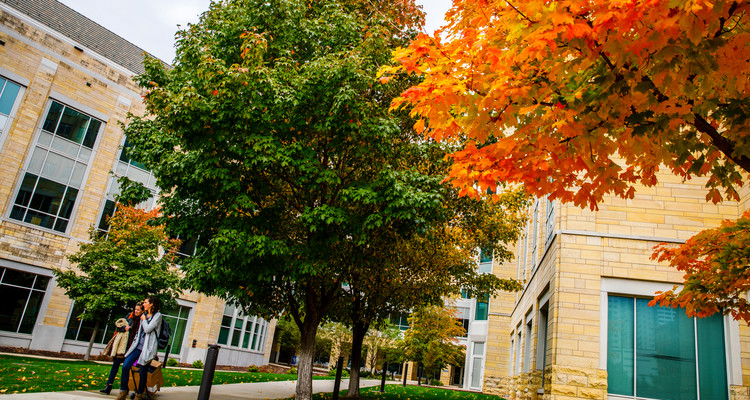"This country has put off this conversation for at least 400 years. The question is not going to wait any longer."
The Forum on Workplace Inclusion kicked off its 2017 year of programming on Oct. 17 with the first of three Diversity Insights Breakfasts, “Home as Synonym for Hatred: Lessons Learned from Charlottesville.”
Dr. Artika Tyner, associate vice president for diversity and inclusion, moderated a panel of four Charlottesville university, city and county leaders. They discussed the events leading up to, during and since Aug. 11-12, when every ilk of the “alt white” – Klansmen, fascists, white supremacists – invaded the small, progressive, college city of Charlottesville, Virginia, and the University of Virginia.
“The events that transpired ... showed Charlottesville is a beautiful, ugly city,” said Wes Bellamy, vice mayor of Charlottesville. “These issues have been going on in our community for a very long time. It didn’t just start with the call to remove a statue. It didn’t start when people showed up in Army fatigues. … We’ve had these issues and now everyone sees it. Where we are now is a very delicate place. There’s good that is coming out of what we’ve done, and ugliness showing what we’ve done.”
Via FaceTime, Bellamy joined three co-panelists: John Unsworth, dean of libraries at University of Virginia; Juan Wade, City of Charlottesville School Board member; and the Rev. Brenda Brown-Grooms of New Beginnings Christian Community in Charlottesville. All four shared their personal experiences and reflections around the two days in August, which drew national and global attention as protesters and counter-protesters clashed in the streets of Charlottesville.
Far from citing Charlottesville as a unique or isolated event, the point was made several times that the issues underlying the violent two-day clash are everywhere in the United States.
“This country has put off this conversation for at least 400 years. The question is not going to wait any longer. We must have a hard conversation about race, class, poverty, having and having not, education,” said Brown-Grooms, who passionately spoke about her expectations for citizens to listen to each other with empathy for one another’s lived experiences and right to express their personal narrative. “Not to have it is to allow the American dream to die. It’s always tentative. Each generation has to watch and do its part to keep the dream alive. We’ve come to a cross in the road and are at critical mass.”
Wade spoke about the passion he sees in parents when it comes to their children, and also said he looks to children as examples in their relationships to one another before race is engrained into them as a societal divider.
“We have not only a race problem but a class problem, and at some point that change starts to take place where they get the perception they’re better than someone else,” he said.
Tyner reminded audience members that the kind of change and progress people speak of supporting does not happen just because it should, but because of action.
“Society and societal change doesn’t happen on the wheels of inevitability. It happens with you and me,” she said.
Tyner appealed to Bellamy as an example of the courage it takes to live that action, as his leadership in Charlottesville has garnered death threats, consistent pushback and verbal assaults.
“You must be patient with people but impatient with progress,” Bellamy said, citing Martin Luther King Jr. “We must remain steadfast in the push for progress, which makes us impatient in pushing for those things. When we see other people willing to step up to the plate, use their platforms, that gives individuals like myself courage.”
Recommended reading coming out of the seminar included Einstein on Race and Racism, On Tyranny, Man’s Most Dangerous Myth: The Fallacy of Race and Where Do We Go from Here: Chaos or Community?
The Forum on Workplace Inclusion's 30th annual conference is on April 10-12, 2018. Registration begins in December.







